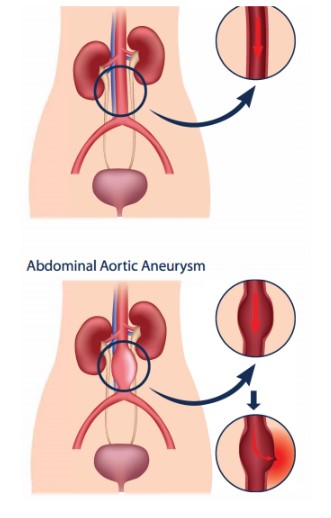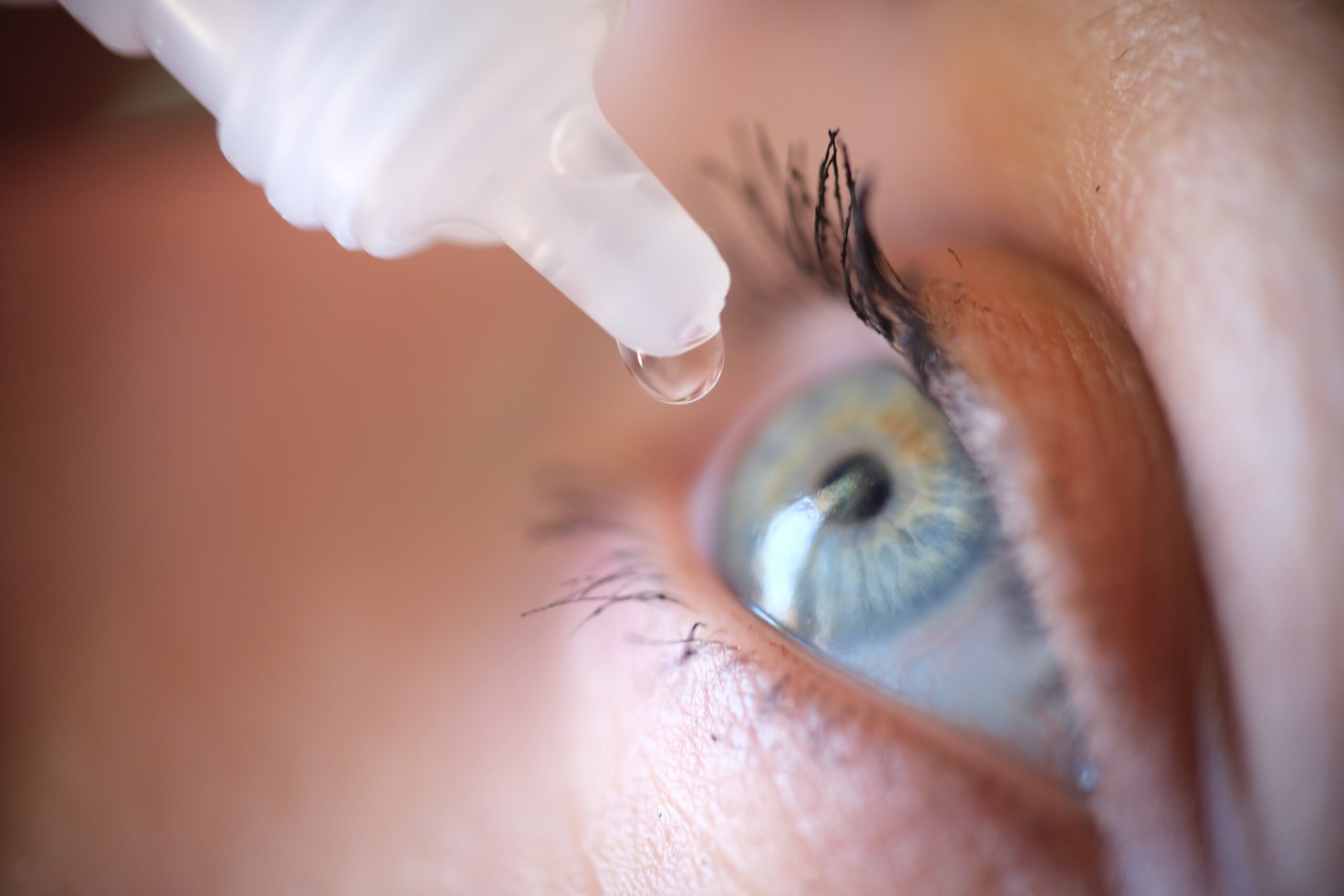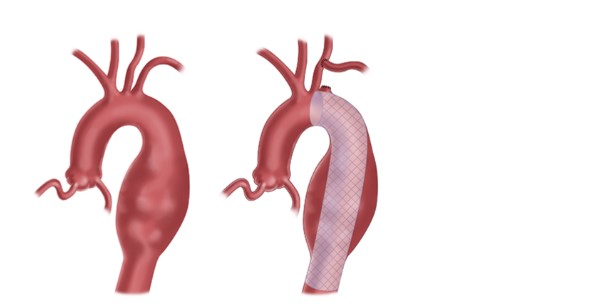
Health News
Features
-
Warner University & AdventHealth University Partner to Create New Healthcare Career Pathways
Plan Will Be Beneficial for Students Interested in Beginning Their Education at Warner Before Transferring to AHU by REBEKAH PIERCE For many students at Warner University, the dream of a career in healthcare just became a lot more attainable thanks to an exciting new partnership with AdventHealth University. As a small, private Christian university in…
-
Webber Nursing Program’s First Graduate Hits the Ground Running
by SHAYLYNN MARKS When Jaronda Terrell walked across the stage as the first-ever graduate of Webber International University’s nursing program, she wasn’t just celebrating a personal milestone, she was making history. A first-generation college student, Terrell endured long nights of studying and demanding clinical rotations. Through it all, she persevered with her heart for her mother…
-
Nurses Month Spotlight: Polk County’s Standout Nurses Making a Difference
Nurses Making a Difference Throughout Polk In honor of National Nurses Month, we asked local healthcare institutions to share a handful of their outstanding nurses with us. What they shared offers a glimpse into the dedication and commitment that drives healthcare excellence. Bond Clinic We would like to highlight two team members: Sharon Flecha, RN,…
Columns
-
Understanding Abdominal Aortic Aneurysm
An aneurysm is a weakening or dilatation in a part of an artery. About 15,000 people die of ruptured abdominal aortic aneurysm (AAA) every year in the U.S. About 200,000 new cases of AAA are diagnosed every year. Most of these are diagnosed by tests that are done for unrelated reasons. The aorta is the…
-
A Guide to Over-the-Counter Artificial Tears for Dry Eye
by Chelsea Hollier, O.D. Dry eye disease, also known as Keratoconjunctivitis Sicca, is a prevalent condition characterized by insufficient tear production (aqueous deficient dry eye) or poor tear quality (evaporative dry eye). It affects millions worldwide, leading to discomfort and irritation. Fortunately, over-the-counter (OTC) artificial tears provide relief and aid in managing symptoms. Dry eye…
-
3 Options for Thoracic Aortic Aneurysm Management
In the previous two columns, I discussed aneurysms that occur in the aorta situated in the chest cavity. In this article, I will explain the various types of treatment options available for those thoracic aortic aneurysms. In general, outcomes favor endovascular repair over open repair as open repair is associated with higher rates of morbidity…





